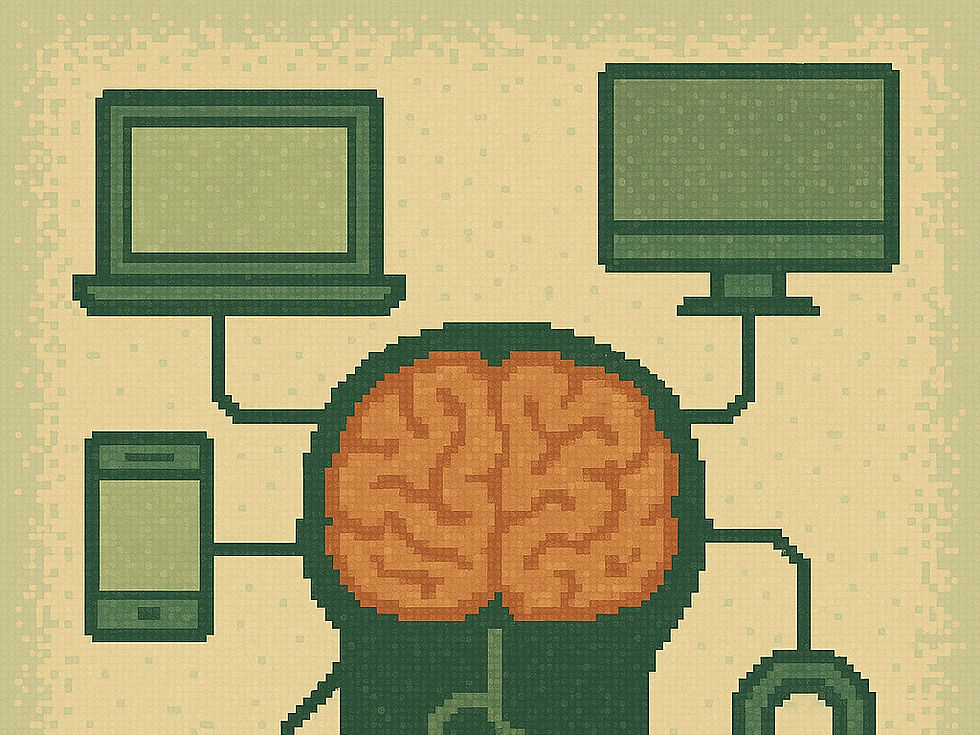What is Transfer Learning in AI?
- learnwith ai
- Apr 4
- 2 min read
Updated: Apr 5

Transfer learning is a machine learning technique where a model trained on one task is reused as the starting point for a different but related task. This approach is especially useful when:
Data for the new task is limited
Computational resources are constrained
Time to market is critical
For example, a model trained to identify animals in photographs can be adapted to recognize different breeds of dogs or even medical anomalies in X-rays.
How Does It Work?
The process typically involves:
Selecting a Pre-Trained Model: Choose a model that was trained on a large, general-purpose dataset.
Freezing Early Layers: Initial layers (which detect basic patterns) are kept unchanged.
Modifying Later Layers: These are retrained on your specific dataset to tailor the model to your task.
Fine-Tuning: Optionally, you can unfreeze some early layers for further training to enhance performance.
This hybrid approach combines generalized knowledge with task-specific learning.
Why Use Transfer Learning?
Reduced Training Time: Pre-trained models have already done the heavy lifting.
Improved Accuracy: Models often perform better when built upon rich, diverse prior learning.
Lower Data Requirements: You don’t need millions of labeled examples.
Better Generalization: Models learn to apply generalized patterns across domains.
Real-World Applications
Transfer learning is widely used in:
Computer Vision: Object detection, face recognition, medical imaging
Natural Language Processing: Sentiment analysis, translation, chatbots
Speech Recognition: Transcription tools, virtual assistants
Healthcare: Diagnosing diseases with limited patient data
It’s become a cornerstone in modern AI workflows—especially in environments where labeled data is expensive or scarce.
Final Thoughts
Transfer learning shifts the AI paradigm from building alone to building upon. It embodies one of the most human-like traits in machines: learning from past experiences. Whether you’re optimizing for performance, time, or cost, transfer learning is an invaluable strategy in any data scientist’s toolkit.
—The LearnWithAI.com Team
.png)


